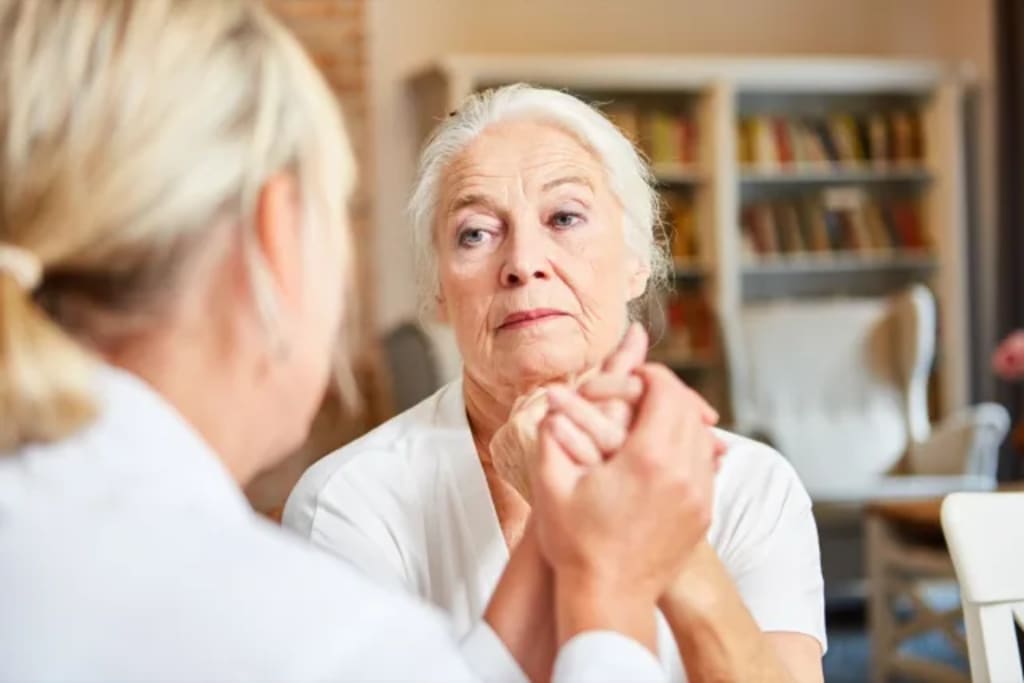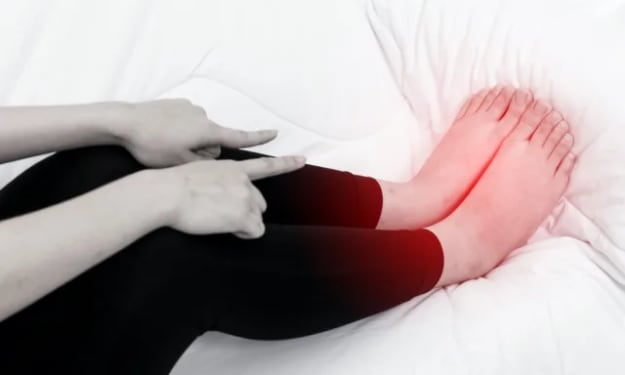
Whether we like it or not, our bodies change as we age, yet some unhealthy habits might damage us more in our 50s than they did in our earlier years. Even though we may appear and feel younger, as we become older, our bodies require more care and attention. Seven things should quit doing as soon as you turn 55, according to experts who were interviewed by Health. Continue reading and pay close attention to these Sure Signs You've Already Had COVID to protect your health and the health of others.
1 Consume Too Much Alcohol
The single most crucial behavior for adults over 55 to give up is consuming a lot of alcohol, according to Dr. Suzanna Wong, a registered doctor of chiropractic and health specialist with Twin Waves Wellness. Alcohol has a different metabolism than food, which results in an increase in visceral fat, or belly fat. As you age, diseases like cancer, high cholesterol, stroke, heart disease, and diabetes can all be attributed to visceral fat, so you want to do everything you can to keep this under control.The good news is that visceral fat can be entirely controlled. By reducing it, you can live a longer, healthier life by altering how much you drink and how you eat.
In accordance with the National Institute on Alcohol Abuse and Alcoholism, "According to the "Dietary Guidelines for Americans 2020-2025," published by the U.S. Departments of Health and Human Services and Agriculture, adults of legal drinking age can choose to abstain from alcohol altogether or consume it in moderation by keeping their intake to 2 drinks or less for men and 1 drink or less for women per day. Less drinking is better for your health than more drinking."
2 Listen to Loud Music
According to Kent Probst, a bodybuilder, kinesiotherapist, and personal trainer with Long Healthy Life "People over 55 should cease playing loud music and refrain from being around loud noise. Your parents had it right. You will definitely lose your hearing if you are exposed to noises that are louder than 85 dB. Exposure to loud noises can cause hearing loss that develops over time or that occurs suddenly. If you can't avoid them, protect your ears by donning earplugs or other ear protection."
3 Saying Yes to Everything
People over 55 should quit saying "yes" and say "no" more often, according to Probst. Saying "no" more often frees up time for people to take care of themselves by lowering stress, for example through meditation. There is proof that regularly practicing meditation has a wide range of advantages.
Meditation may help with the following:
Pain reduction
Hypertension
Irritable Bowel Syndrome
Ulcerative Colitis
Smoking Cessation
Depression
Anxiety
Insomnia"
4 Spending Too Much Time Alone
Probst concurs, "Maintaining meaningful relationships is one of the secrets to healthy aging that individuals frequently overlook. In order to promote healthy aging, emotional support may be just as important as food and exercise. Spending a lot of time alone can lead to depression, which can be avoided by having meaningful relationships. Even keeping a dog or cat as a pet can provide emotional assistance."
5 High Impact Exercises
According to Barbara Bergin, M.D., a retired board-certified orthopedic surgeon, "aggressive activity, such as squats, kettlebell jumping jacks, and excessive high impact exercises," should be avoided beyond age 55. "As you age, practice moderation. We eventually become a victim of our gene pool, prior injuries, and present exercise habits. Although there is some material in the literature on this topic, I mostly rely on my 40 years of professional experience when I say that it's probably not a good idea to engage in the activities that keep your orthopedic physician busy.Squats and other high-impact exercises are quite hard for arthritic knees. Meniscal tears lead to the development of osteoarthritis in weight-bearing joints. By nature, people are hunters and gatherers. That implies that we hoist small weights while slowly walking great distances. Exercise regimens should include this as we become older.
6 Trying to Exercise Away the Natural Deformities of Aging
It doesn't work on 99.9% of people, according to Dr. Bergin. When I tell my patients this, they occasionally think of advertisements or articles with ripped 80-year-olds in them. This is what fake news really is. Has anyone ever heard of Photoshop? cosmetic surgery Your ancestry? Batwings, love handles, muffin tops, shorter stature, thick knees, hunch/hump back, and sagging breasts are a few examples of these aging deformities. They are brought on by progressive, natural physical events and, in most cases, cannot be avoided through activity. When patients (mainly women) try to exercise them away, they frequently injure themselves.
The loss of articular cartilage between all of the joints, particularly in the spine, is the main cause of decreased height and hunchback. Compression fractures of the spine can sometimes increase it, but they can be avoided by preserving bone density as we age. However, it is impossible to stop the natural deformity and shortening brought on by cartilage loss. Other deformities result from both the natural deterioration of collagen with aging, which cannot be controlled, and the loss of muscle tone. Muscle tone loss can be slowed down but not stopped. It's beneficial to use small weights when working out, and you should attempt to prevent getting hurt. Plastic surgeons are also helpful.
7 Thinking You Don't Have Osteoporosis Because There is No Pain
As Dr. Bergin explains, "Everyone develops osteoporosis if they live long enough. Unless we have a fragility fracture, it is painless (fractures due to the presence of osteoporosis). Many patients believe, erroneously, that osteoporosis and osteoarthritis are connected and that, if they don't have pain, they can't possibly have osteoporosis. Osteoarthritis is unrelated to osteoporosis. There is no connection between the two other than the possibility that both may exist simultaneously—usually as we age. Osteoporosis needs to be avoided and treated if it develops. Osteoporosis treatment involves more than just exercise."





Comments
There are no comments for this story
Be the first to respond and start the conversation.